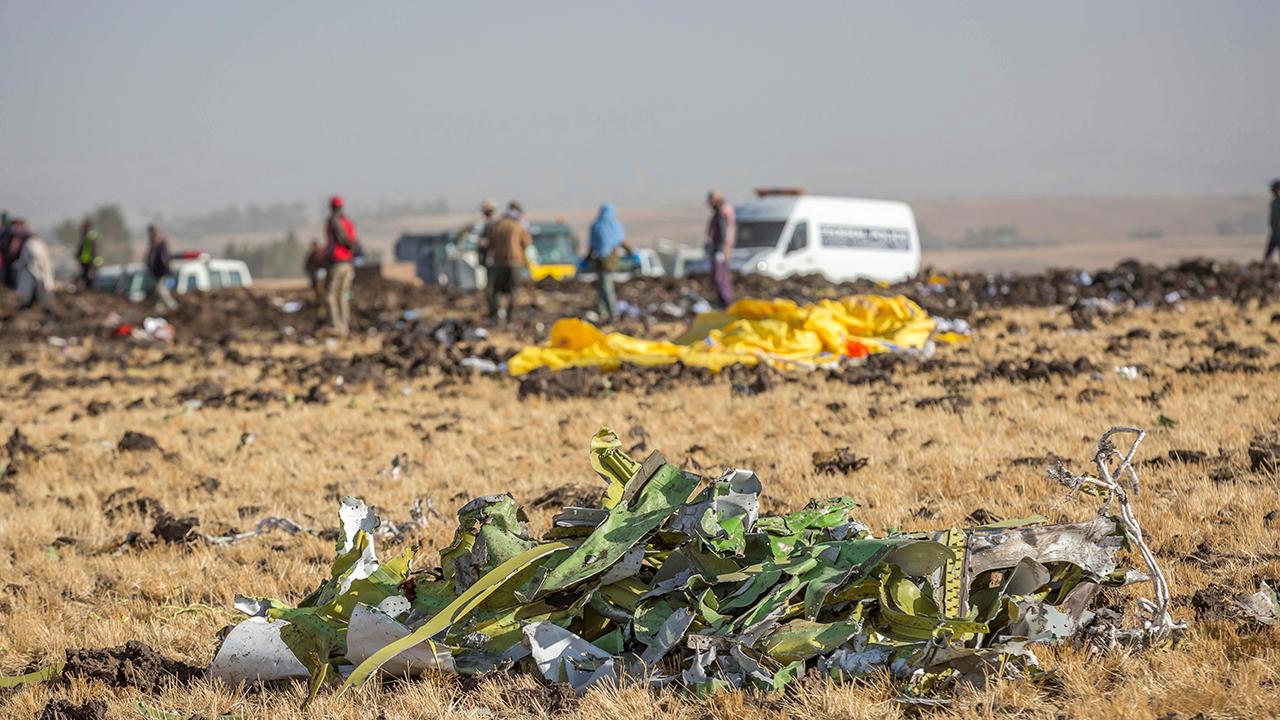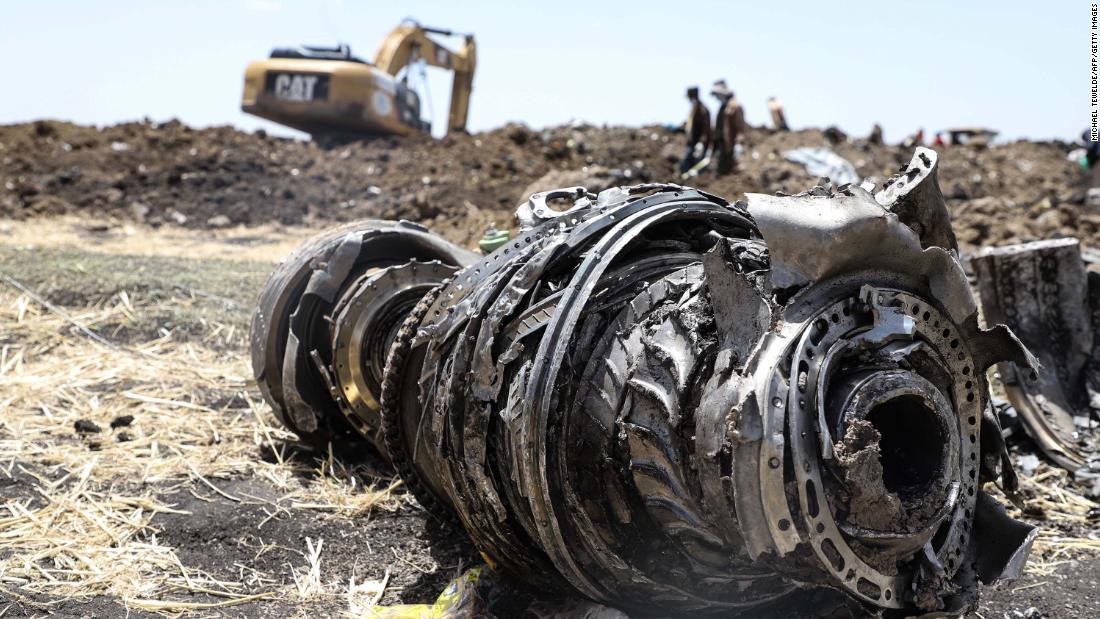Moscow -- Venezuela is not going to become "another Syria" for Moscow, Russian Foreign Minister Sergey Lavrov told a state-backed Russian newspaper in an interview published this week. "We have nothing to hide," he said in response to a question about what Russian troops are doing in the once wealthy South American nation.
Two military planes carrying about 100 Russian personnel arrived in Caracas last week. The influx, which U.S. officials have told CBS News was unusual for its size, has fuelled tensions between Russia and the U.S. that were sparked earlier this year as the two countries picked opposing sides in Venezuela's debilitating political crisis.
The U.S., along with dozens of other countries, has thrown its support behind Venezuelan opposition leader Juan Guaido. The former leader of the National Assembly has declared himself the country's interim president and labelled President Nicolas Maduro a "usurper" following a re-election widely deemed undemocratic. Moscow, however, insists Maduro is still the country's legitimate leader.
According to U.S. officials, the two planeloads of Russian troops were sent to Caracas to support Maduro. The Kremlin claims, however, that they were sent to do maintenance work on military equipment Russia supplied to Venezuela several years ago.
The conversation heated up as President Donald Trump told Russia "to get out," and Russia's Foreign Ministry shot back that the U.S. should get out of Syria first. Russia and the U.S. similarly backed different sides in Syria's civil war, and Russian President Vladimir Putin coming to the rescue has arguably kept dictator Bashar Assad comfortably in power.
On Thursday, Venezuela's deputy foreign minister would not rule out the possibility that more Russian military personnel could arrive in his country, under what he said were existing agreements between the two nations.
Russia does have assets in Venezuela and close ties with the Maduro regime, but defense and foreign affairs analysts see the recent developments much more as a power play by the Kremlin, aimed more at goading the U.S. than defending the Venezuelan leader.
"Harsh confrontation with Washington over Venezuela, according to the Kremlin's logic, boosts Russia's significance in the eyes of the U.S.," foreign affairs analyst Vladimir Frolov told CBS News. "It's political theater, and theater needs proper decorations."
One-way street
Venezuela has been Russia's biggest partner in Latin America since the early 2000s, Tatyana Rusakova, Latin America analyst at the Moscow-based Center for Crisis Society Studies, told CBS News. She said those ties have been largely "a one-way street, and are based on political agenda."
Russia owns two lucrative gas fields just off the Venezuelan coast, through the state-backed oil giant Rosneft.
Moscow has also earned $11.4 billion selling military equipment to Caracas, and currently exports about $70-$80 million per year worth of non-military goods to the country.
All that said, trade with Venezuela accounts for only about 0.01 percent of Russia's foreign trade turnover.
The Kremlin loaned at least $2 billion to Caracas to enable Venezuela to buy the Russian military equipment, and Venezuela still owes Russia $6 billion of a total $17 billion worth of loans handed out since 2006, according a recent Financial Times report.
Given those circumstances, Rusakova said she "wouldn't say that, in terms of trade and economy," Venezuela is a significant Russian partner.
Military cooperation
While Venezuela doesn't account for much overall trade with Russia, 2006 and 2013 Caracas was among the four biggest purchasers of Russian military hardware, and cooperation on that front continues.
Two Russian factories -- one that will make Kalashnikov assault rifles and another that will make ammunition for them -- are currently under construction in Venezuela, according to Konstantin Makienko, deputy director of the Centre for Analysis of Strategies and Technologies, a Moscow-based defense think-tank.
Makienko, who is also a member of the defense expert council in the State Duma, the lower house of Russia's parliament, told CBS News in written comments that Moscow also continues to supply parts for equipment sold to Venezuela previously, and carry out vital maintenance work to keep that equipment operational.
That second aspect of the bilateral military cooperation has intensified recently, Makienko noted.
The Russian military also gives Venezuela's military guidance and advice.
"The group of Russian military personnel that arrived (last week) are consulting Venezuelan troops on (military action) in case the U.S. or anyone else carries out a military intervention," Makienko said.
But another analyst says these consultations are likely to be the extent of Russia's military involvement -- there is no incentive for the Russian military to go on the offensive for Maduro, or fight on his behalf.
"Venezuela isn't Russia's military ally, like, say, Belarus or Kazakhstan," Ruslan Pukhov, director of the Centre for Analysis of Strategies and Technologies, told CBS News.
So what's the endgame?
Moscow sees the crisis in Venezuela as another opportunity -- just as Syria was -- to portray itself as a force to be reckoned with -- a force capable of keeping U.S. power in check, according to analyst Frolov.
"The strategy to confront the U.S., wherever it can be done at a reasonable cost, is grounded in the Kremlin's idea of a new world in which the U.S. doesn't have the freedom to overthrow regimes anymore, because Russia is there to stop it," he said.
Venezuela fits the profile perfectly, because undermining Washington's agenda there doesn't require too many resources and offers a chance to retaliate for the 2014 revolution in Ukraine, which brought a U.S.-aligned government to power. The Kremlin believes the revolution was masterminded and orchestrated by the U.S.
"The logic is… that we can also make your life harder in your backyard, just like you did in ours," Frolov said.
https://www.cbsnews.com/news/russia-in-venezuela-why-vladimir-putin-troops-back-nicolas-maduro-vs-donald-trump-us/
2019-04-04 13:10:00Z
52780259189197



